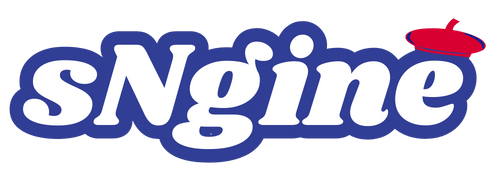Introduction
The healthcare industry relies heavily on accurate medical billing to maintain operational efficiency and financial stability. One critical component in this process is the proper understanding of place of service codes, particularly POS 11 in medical billing. These codes are essential for identifying the location where healthcare services are provided and ensuring correct reimbursement from insurers. Misuse or misunderstanding of POS 11 can result in claim denials, delayed place of service 11 in medical billing and revenue leakage, making it vital for healthcare providers to implement robust medical billing services.
What Is POS 11 and Its Significance
POS 11, or place of service 11 in medical billing, is a code used to indicate that a healthcare service was provided in an office setting. This designation helps insurers understand the context of the service, which directly influences reimbursement rates. Accurate use of POS 11 ensures that the claim is processed correctly, preventing errors that could lead to denials or delayed payments. Understanding what is POS 11 is therefore a foundational requirement for any healthcare provider involved in billing and coding.
How POS 11 Influences Claims Processing
Correctly using POS 11 impacts multiple aspects of claims processing. Insurance companies rely on place of service codes to determine coverage eligibility, reimbursement levels, and applicable copayments. When a provider submits a claim without the correct POS code, it can result in:
-
Claims being flagged for review
-
Delayed reimbursements
-
Denials due to incorrect coding
-
Additional administrative work to correct and resubmit claims
Healthcare organizations that rely on professional medical billing services can reduce errors in claim submission by ensuring accurate coding, including POS 11. This leads to faster reimbursement and fewer disruptions in revenue cycles.
The Role of Medical Billing Services
Medical billing services provide specialized support to healthcare providers, ensuring that claims are accurately prepared, submitted, and tracked. Billing experts handle tasks such as insurance verification, claim scrubbing, coding accuracy checks, and denial resolution. In the context of POS 11 in medical billing, these services ensure that every office-based visit is coded appropriately, reducing administrative errors and improving revenue performance.
Companies like ezmd solutions offer tailored workflows for managing claims with complex coding requirements, including place of service designations. Their expertise in medical billing and coding ensures compliance with payer rules and streamlines the submission process for both small and large healthcare practices.
Benefits of Accurate POS 11 Coding
Accurate coding of POS 11 provides several advantages for healthcare organizations:
-
Ensures compliance with insurer requirements
-
Reduces claim rejections and resubmissions
-
Improves revenue cycle efficiency
-
Minimizes administrative workload
-
Enhances financial predictability for providers
By incorporating proper training and professional support, practices can ensure that all office-based services are submitted with the correct Medical Billing and Coding safeguarding revenue and operational efficiency.
Common Challenges in POS 11 Coding
Despite its importance, many healthcare providers struggle with POS 11 coding due to:
-
Misunderstanding of office versus outpatient settings
-
Incorrect use of telehealth or other service codes
-
Complex payer-specific requirements
-
Frequent updates in coding regulations
Addressing these challenges requires ongoing education, detailed documentation, and collaboration with medical billing services to maintain accuracy.
Integrating Technology for Effective POS 11 Management
Modern billing software enhances the management of POS codes by automating claim checks and flagging inconsistencies. These systems allow billing teams to verify that each claim includes the correct place of service code before submission. Integration with electronic health records and automated coding validation tools also improves compliance and reduces claim processing times.
Conclusion
POS 11 in medical billing is a critical component of the revenue cycle, directly influencing claim accuracy and timely reimbursement. Understanding what is POS 11 and correctly applying it ensures that healthcare services delivered in an office setting are reimbursed appropriately. By partnering with medical billing services and leveraging expertise in medical billing and coding, healthcare providers can optimize revenue cycles, reduce errors, and maintain operational efficiency.



